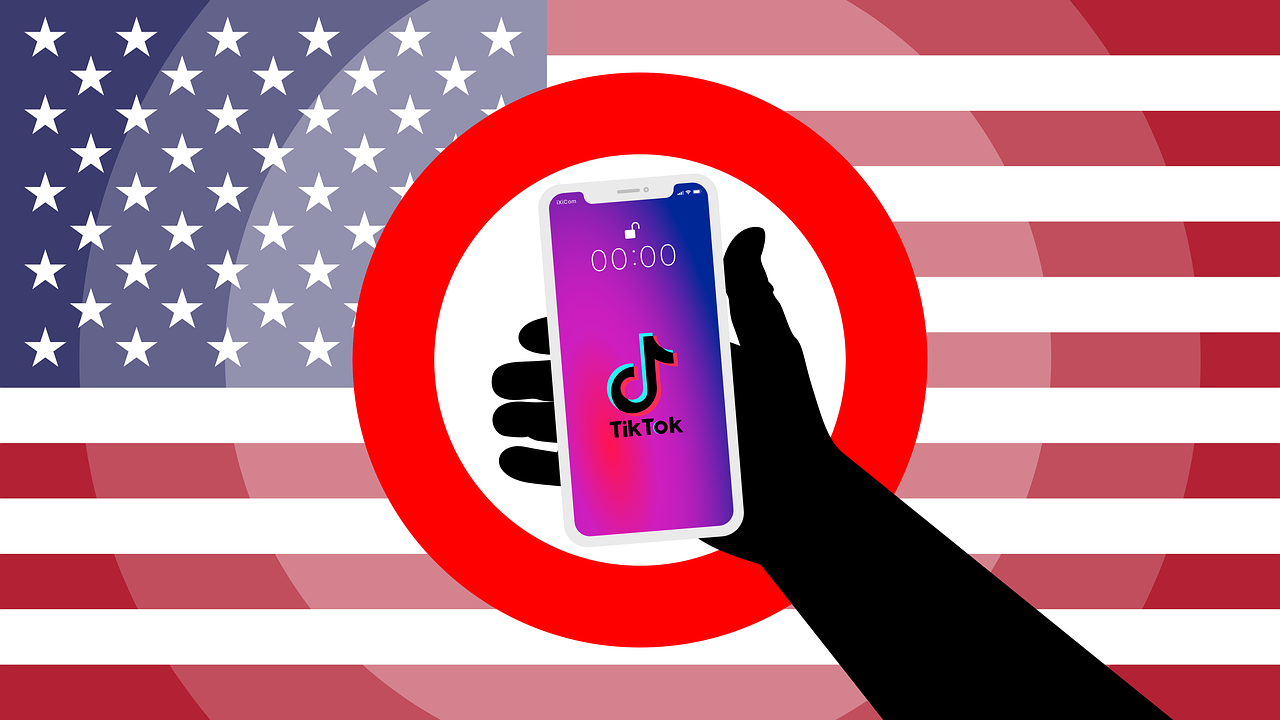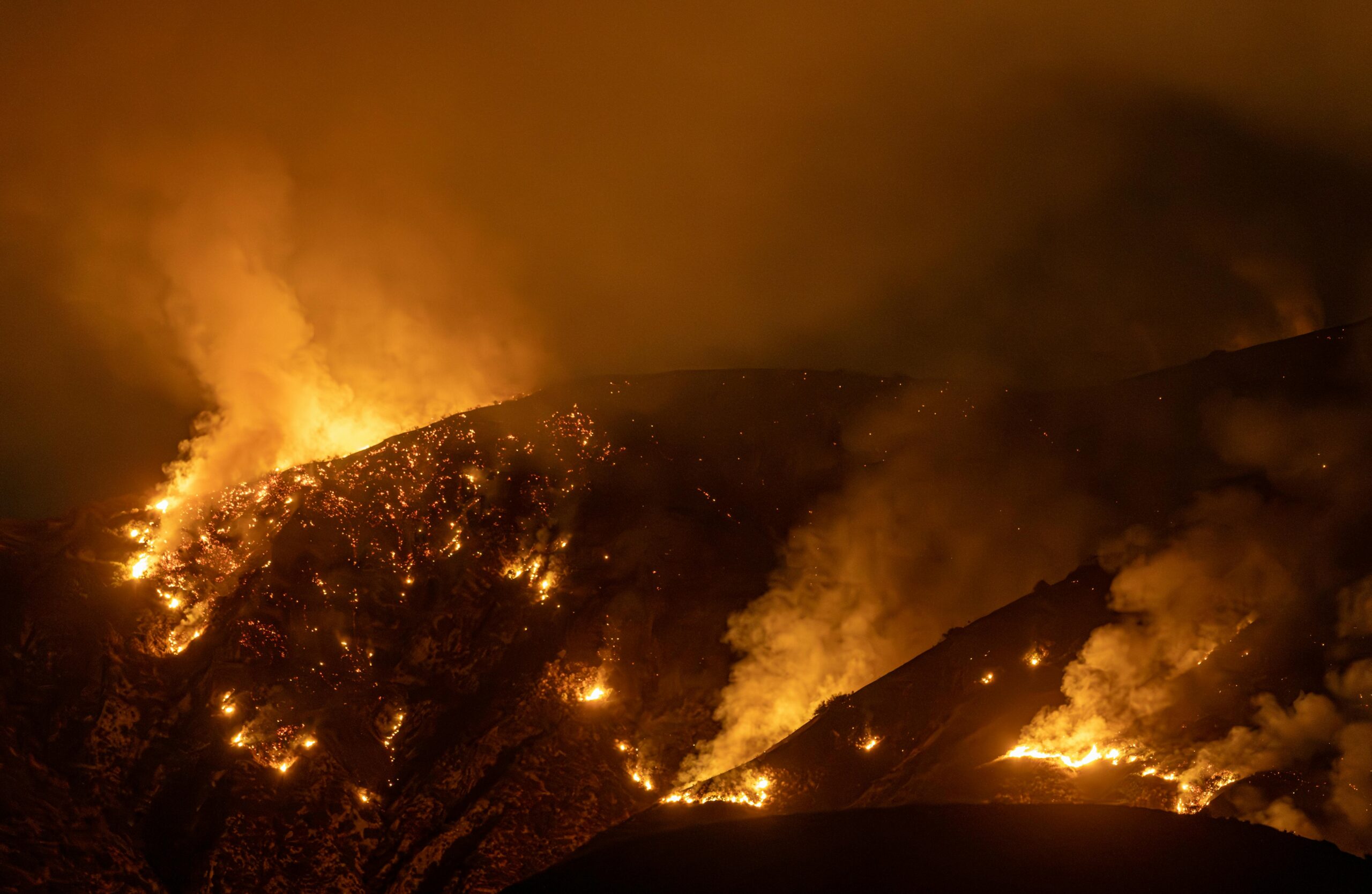Introduction
TikTok Banned in US—a headline that has sparked widespread debates, fueled controversies, and drawn significant attention globally.
The potential ban raises questions about national security, user data privacy, and the implications for millions of users and creators who rely on the platform.
This article delves into the reasons behind the proposed ban, its impact on various stakeholders, and the broader implications for the tech industry.
Why is TikTok Banned in US?
1. Concerns Over National Security
The primary reason behind TikTok being banned in US revolves around national security concerns. The app’s parent company, ByteDance, is based in China, raising fears that user data might be accessible to the Chinese government.
US officials argue that such access could pose risks to national security, especially in scenarios where sensitive data from millions of American users could be exploited.
These fears are heightened by China’s data laws, which potentially compel companies to share information with the government. Critics believe this poses a significant threat to the privacy and security of US citizens.
2. Data Privacy Issues
Another major concern is data privacy. TikTok collects vast amounts of user data, including location, browsing history, and device information.
This data, combined with powerful AI algorithms, helps the app tailor content to individual preferences. While this enhances user experience, it also raises red flags about how the data is stored, processed, and potentially shared.
Critics worry that this data could be exploited for surveillance or other malicious activities, creating vulnerabilities for users and potentially exposing sensitive information to external threats.
Timeline of Events Leading to TikTok Banned in US
The journey to TikTok being banned in the US involves a series of significant events that highlight the growing concerns over the platform:
- 2019 – Initial concerns arise over TikTok’s data practices. Reports suggest that user data might be shared with the Chinese government, sparking the first wave of scrutiny.
- 2020 – The Trump administration issues an executive order seeking to ban TikTok unless ByteDance sells its US operations. This move follows an investigation into the app’s potential risks to national security.
- 2021 – Legal challenges and changes in administration temporarily halt the ban. President Biden’s administration revisits the issue, focusing on broader data security concerns.
- 2023 – Renewed efforts by lawmakers intensify scrutiny on TikTok. Several states implement restrictions on the use of the app on government devices, signaling a shift toward stricter regulations.
Impact of TikTok Banned in US
1. Effects on Content Creators
Content creators are among the most affected by TikTok being banned in the US. Many influencers rely on the platform as their primary source of income, leveraging its massive reach to build personal brands and monetize their content.
The ban has forced creators to explore alternative platforms to maintain their audience and revenue streams.
However, transitioning to new platforms can be challenging, as they often lack TikTok’s unique engagement features and established user base.
This shift also disrupts the creative community that TikTok fostered, making it harder for creators to connect with their audiences in the same way.
2. Business and Marketing Implications
Businesses that use TikTok for marketing face significant challenges due to the ban. The platform’s unique algorithm and vast user base made it a go-to tool for brand promotion, particularly among younger demographics.
Small businesses and startups benefited immensely from TikTok’s ability to amplify reach through viral trends.
Its ban disrupts marketing strategies, pushing brands to invest in other social media platforms like Instagram Reels or YouTube Shorts.
While these platforms offer similar features, replicating TikTok’s success requires significant effort and adaptation, potentially increasing marketing costs.
Legal Battles Surrounding TikTok Banned in US

The decision to ban TikTok in the US has sparked numerous legal battles, reflecting the complexities of addressing modern security concerns while upholding legal rights.
ByteDance filed lawsuits challenging the legality of the ban, arguing that it violated due process and free speech rights.
These lawsuits claim that the ban unfairly targets TikTok without providing concrete evidence of wrongdoing. Courts have issued injunctions preventing the ban from taking immediate effect, prolonging the uncertainty surrounding the app’s future.
These legal battles highlight the challenges of balancing national security priorities with the principles of justice and freedom of expression.
Public Reaction to TikTok Banned in US
1. Support for the Ban
Many Americans support the decision to ban TikTok, citing the importance of national security and data protection. Proponents argue that the risks associated with potential data breaches and foreign surveillance outweigh the benefits of the platform.
They believe that banning TikTok is a necessary step to safeguard sensitive information and ensure that foreign entities do not gain undue influence over American users.
Supporters also emphasize the importance of setting a precedent for how digital platforms operate within the US.
2. Opposition and Protests
On the other hand, a significant portion of the population opposes the ban. Young users and influencers, who form the core of TikTok’s audience, have taken to social media to express their frustration.
For many of them, TikTok is not just an entertainment platform but a space for self-expression, creativity, and connection.
The ban has been perceived as a direct attack on their digital identities, sparking waves of online campaigns under hashtags like #SaveTikTok and #FreeTikTok.
Some have even organized physical protests to voice their discontent, gathering in public spaces to highlight the platform’s creative and cultural impact.
These protests emphasize that TikTok has provided a voice to underrepresented groups, allowing marginalized communities to share their stories and build supportive networks.
Activists argue that banning the platform disproportionately affects these groups, silencing their voices in a world where digital presence is increasingly important.
Alternative Platforms After TikTok Banned in US
With TikTok banned in the US, users have turned to alternative platforms like Instagram Reels, YouTube Shorts, and Snapchat Spotlight. These platforms offer similar features, allowing users to create and share short videos.
However, they lack TikTok’s unique community and algorithm-driven content discovery, which has been a cornerstone of its success.
Users and creators often find it challenging to replicate the same level of engagement and virality on these platforms.
Despite these limitations, the ban has spurred innovation, with new platforms emerging to fill the void left by TikTok.
Potential Future of TikTok in US
The future of TikTok in the United States is still unclear. ByteDance’s efforts to address security concerns, such as storing data locally and increasing transparency, may influence future decisions.
The company has proposed measures like creating US-based data centers and allowing third-party audits to reassure regulators.
Additionally, ongoing geopolitical developments could shape the app’s fate, as relations between the US and China continue to evolve.
Policymakers and stakeholders will need to navigate these complexities to determine whether TikTok can operate in the US without compromising national security.
Conclusion
The debate over TikTok being banned in the US underscores the complex intersection of technology, privacy, and politics. While the ban highlights legitimate security concerns, it also raises questions about digital freedom and global connectivity.
The situation serves as a reminder of the challenges governments face in regulating technology in an increasingly interconnected world.
As the situation evolves, users and stakeholders alike must adapt to the changing digital landscape, exploring new opportunities while addressing the challenges posed by rapid technological advancements.
Frequently Asked Questions (FAQs)
1. Is TikTok banned in the US?
No, TikTok is not currently banned in the US, but there have been discussions and restrictions in certain states.
2. Why did TikTok get banned?
Concerns over data privacy, security, and its ties to China have led to proposed bans in some regions.
3. Can you still use TikTok if it gets banned in the US?
If banned, access may be blocked, but some users might use VPNs to bypass restrictions.
4. Why can’t I use TikTok in the USA?
If you can’t access TikTok, it could be due to local bans, restrictions, or technical issues.










